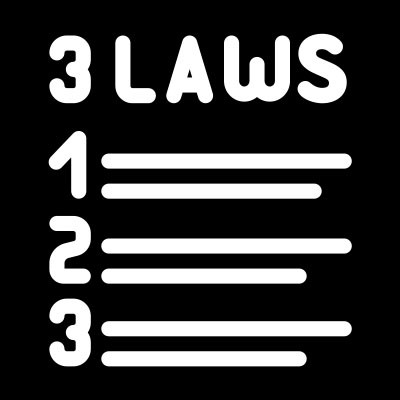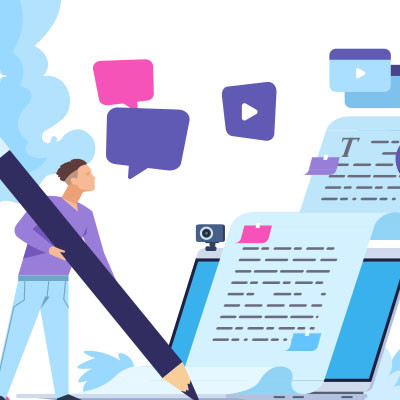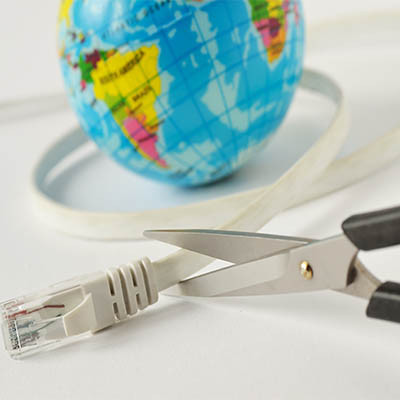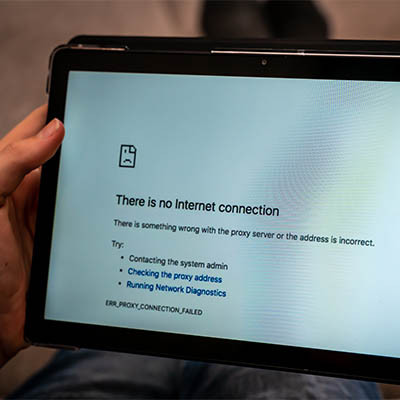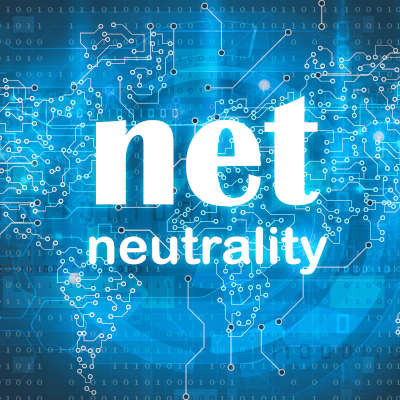Are you familiar with the works of Isaac Asimov? The author wrote a short story called “Runaround” in 1942, and it introduced the idea of the Three Laws of Robotics, or laws that all of the robots in his Robots series must follow. This stranger-than-reality concept is being used today by Google, which has announced a set of safeguards partially inspired by these three laws to help it control future AI-powered machines.
JS Business Solutions Blog
Over the last half-year, Meta, the renowned social media conglomerate (formerly known as Facebook), has been strategically capitalizing on all the drama within Twitter (referred to as X) by introducing Threads, a microblogging community akin to its X counterpart. Today, we will look at Threads by drawing comparisons with Twitter and taking a look at Meta's motivations in enticing users away from the established microblogging giant.
These days, it feels like things change quickly and without warning, but there are certainly still some parts of the holiday season that retain some of the good, old-fashioned traditions of yesteryear. While the holiday season is more commercialized than ever, technology has made it more viable to spend these times of laughter, leisure, and cheer with loved ones, even if you’re far apart physically.
Most of us know that Santa Claus lives at the North Pole, but fewer know that he’s specifically built his big castle and workshop someplace called the Laughing Valley. There, he and all the elves, sprites, pixies, and fairies that help him make his toys live and work to give the children of the world their presents each year.
All that being the case, even Santa and his team need a little help every once in a while.
Technology is constantly evolving and shaping the way we do business. From artificial intelligence to virtual reality, these advancements have the potential to revolutionize industries and drive success. However, not all technologies are met with open arms. In fact, some technologies are met with controversy and skepticism. In this article, we will explore some of the most controversial business technologies and the impact they have on the market.
Many years ago, the practice of repairing office equipment or household appliances that malfunctioned was a common and practical solution. However, over time, changes in business practices have largely eliminated this option. In recent years, the Right to Repair movement has emerged as a legitimate campaign aimed at advocating for legal protections to safeguard the rights of the modern tech-dependent public.
As comfy as it can be at times, sitting for all hours of the day isn’t something we’re built for. As a result, not only does sitting all day impact our overall health, it can functionally hurt our productivity as well. Fortunately, there are some simple exercises and activities that can be done at the workstation to help mitigate these negative outcomes.
From its very beginnings, technology’s purpose has been to advance and supplement our capabilities. Today, there are examples of tech fulfilling that role in everything from agriculture to manufacturing and everything in between. The advancement of 3D-printing is just one of the many, many ways that this trend of technology simplifying our basic needs has recently shown its value. Let’s discuss how the development of 3D-printed food could benefit the human race in various ways.
Have you ever left your laptop open on a table or a desk and return to see that your cat is draped across the keyboard? It may seem like a cute anecdote, but the truth is that while having pets enhances our lives, they can be a problem for your technology. In fact, some studies put the repair/replace bill of pet-induced technology problems at around $3 billion annually. In this week’s blog, we discuss how to protect your computer from your four-legged friends.
Technology has done some incredible things, especially in the past couple of decades, so it’s wild to imagine that someday, innovative new tools like ChatGPT will no longer be as cutting-edge as they might seem today. The reason is simple: most technologies today were once world-shattering and innovative, but with time they have become normalized.
Let me ask you a question: would you see The Mona Lisa, The Starry Night, or Girl with a Pearl Earring as the masterpieces they are considered today if they were actually created using artificial intelligence? While it might seem like a silly question, it is one that the results of the recent Colorado State Fair’s fine art competition—where the first-place winner was created using AI—leads us to ask.
Technology drives almost everything in modern society, so it’s not a surprise to see hackers being represented in the entertainment we consume. They don’t always get it right, however. In fact, most of the computing constructs demonstrated in entertainment don’t actually exist in real life. This week, we thought we’d briefly discuss the differences between hackers in real life and the ones consistently represented in today’s movies and TV.
For years you’ve heard how technology is becoming a bigger part of the healthcare delivery system and how it can help stabilize costs, provide increased access, and further personalize care delivery. As these innovations have been taking hold it has brought up serious questions about data privacy. Today, we’ll take a look at some of the changes IT has brought to healthcare and what it means for patient data privacy.
The week of June 14th, 2021 saw many applications and websites suffer from outages. This, consequently, created considerable problems for many organizations that used these services. Businesses suffered from continuity issues, but perhaps the biggest takeaway is just how vulnerable the Internet really is to these kinds of issues. What happened, exactly?
When we talk about Internet accessibility (particularly as of late), we mainly focus on the idea of enabling people to use the Internet, regardless of where they may be located. While this is certainly a big issue at the present, there is another kind of accessibility that needs attention: how able those people with disabilities are to use the Internet at all.
It has been made very clear over the past few years—last week in particular—that the political atmosphere in the United States is particularly prickly, to put it mildly. One contested subject has, however, flown under the radar in recent months: net neutrality. Let’s reexamine the situation surrounding net neutrality and what is likely to come about with the new administration.
During this time of year, many people like to sit back and reminisce upon favorite stories from the past. We figured we’d join in the fun by reimagining what many argue to be a holiday classic: Die Hard.
Let’s take a few moments to consider how the story might play out if the action were to take place today…

